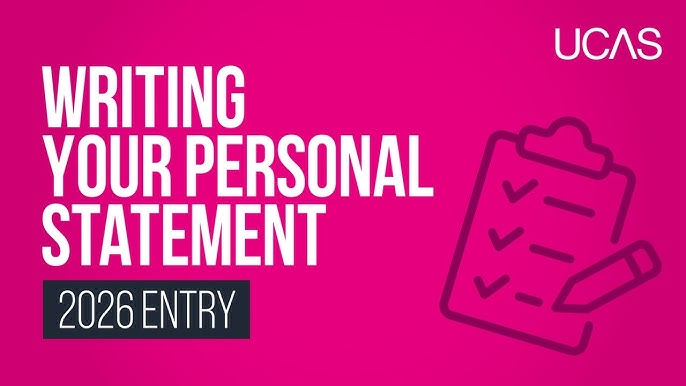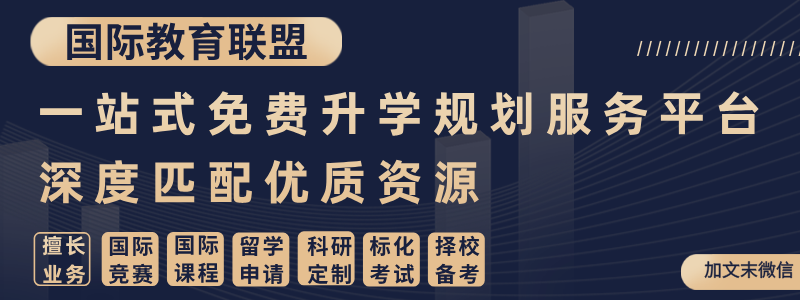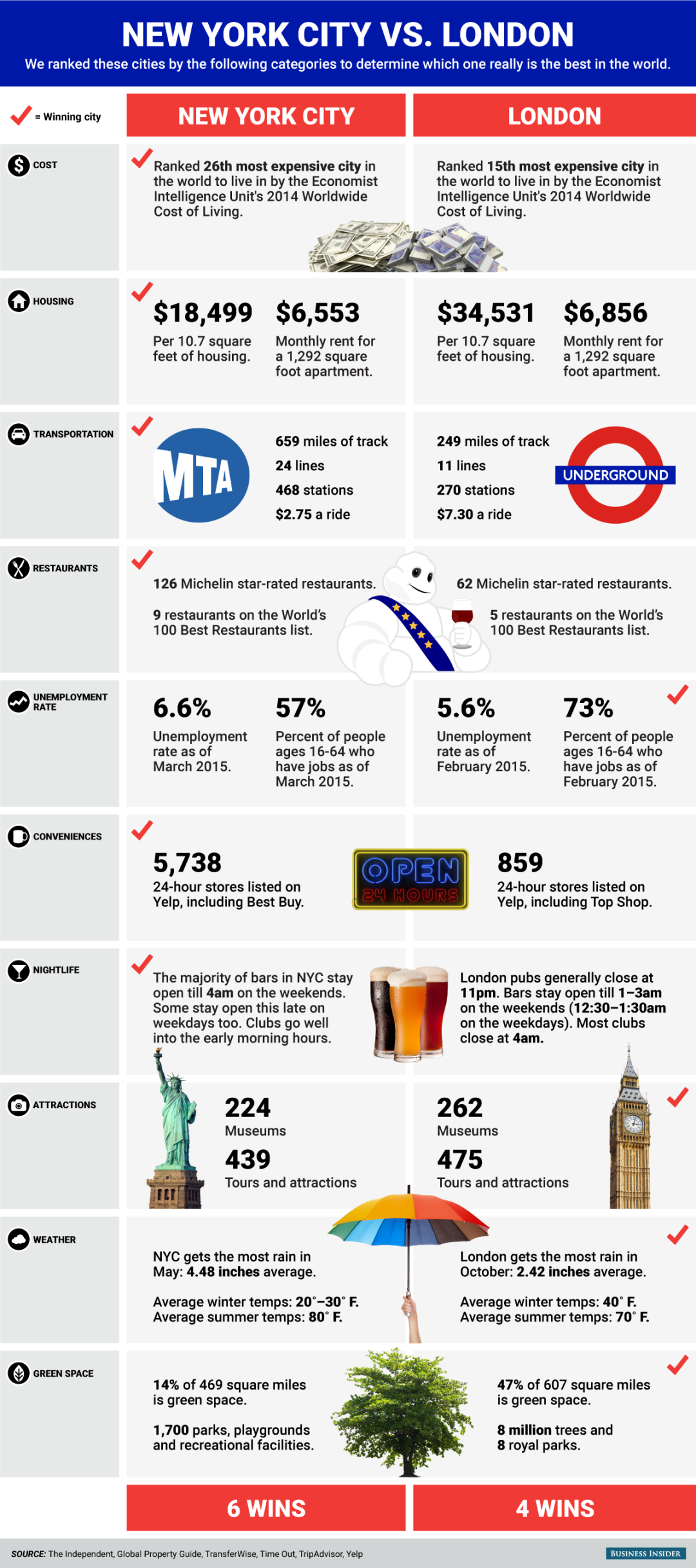从2025年9月起,申请英国大学将有重大变化——UCAS个人陈述将不再是一个开放式的4000字符作文,而是改为回答三个明确的问题,总字数仍为4000字符。
这对学生来说既是减负,也是挑战。那么,新问题到底是什么?怎么写才打动招生官?一文为你讲清楚👇

全新3大问题
🧩新个人陈述包括哪三个问题?
✍️ 问题一:你为什么想学这个专业?
这是你展示热情和动机的机会。可以写:
你是怎么爱上这个专业的?
有哪些人或经历启发了你?
有没有相关书籍、视频、讲座激发了兴趣?
你未来的职业目标是什么?
这门课对你来说有什么特别的意义?
✨加入自己的故事或具体经历,比空洞表述更有说服力!
比如,这段的开头示例:
‘Since a young age I have been fascinated by how history resonates in our everyday lives, from geopolitics to language. I have often been inspired to seek out the historical context to concepts I come across in class, or events and issues I see on the news. I am passionate about using history to better understand and contribute to the world around me, and studying history would equip me to do this.
In the future, I hope to work in international relations, and a firm grasp of history and historical thinking would serve me well to that end. While I have enjoyed my studies at school so far, I am looking forward to the opportunity to delve deeper into a wider range of topics and time periods.’
📘 问题二:你的学习经历如何帮助你为专业做准备?
这一部分重点是学业成果和知识储备。
你可以写:
与专业相关的课程、考试或研究项目
曾获得的奖项、证书、竞赛经历
特别喜欢的某一课程、阅读材料
自主学习的经历(如夏校)
📌记得突出“和申请专业的关系”,展示你已经具备入门基础!
比如,描述一段在夏校的经历可以这样开始:
‘I have often sought out opportunities to continue my learning outside of the classroom and explore new areas that my school courses don’t cover. I recently attended an Oxford Scholastica World History course. This gave me the chance to explore ideas and events from a global perspective, and I was particularly intrigued by the ways in which philosophical and political thought has been built in layers over time.
For example, ideas like human rights, that we consider quite modern, are in fact rooted in the ideals of ancient societies. It has led me to question concepts like “progress” and “modernity” in history, and I am looking forward to studying more historiography and historical theory at university to further develop my understanding.’
🌍 问题三:你在课外做了哪些准备?这些有何帮助?
这是展示实践能力和个性化经历的黄金机会!
可以写:
相关实习、打工、志愿活动经历
是否担任过学生会、社团干部等角色
兴趣爱好(如辩论、写作、编程、公益等)
个人挑战(如照顾家庭、克服困难)带来的成长
📌用真实例子+反思感悟,让招生官看到你的“人设”!
以下是一个实习经验的示例:
“Wanting to gain some more hands-on experience of engineering, I attended an Oxford Scholastica internship. During this internship, I had the chance to participate in designing a bridge to withstand the challenges of an earthquake. I quickly developed my mathematical and practical skills under the guidance of an expert mentor.
Learning through practical application of concepts I had only seen in the classroom has really changed how I think and approach new problems. During this process, I came to better understand how I learn best and how to multitask while doing practical work, which will serve me well when approaching the challenges of practical and theoretical work on an engineering degree.”
动笔前记于心!
✅三个部分总共4000字符,每段至少350字符,可自由分配字数。
✅提前列出素材,避免重复,逻辑更清晰。
✅ 强调“反思性”写作,不止是列经历,更要说明:这对我意味着什么?
✅ “超课程”(super-curricular)活动能加分,比如读书、公开课、夏令营。
✅ 不同大学看重个人陈述的程度不同——写得出彩永远不会吃亏!
如何准备这三段内容?
列出自己和专业相关的所有经历
分配素材到对应的问题:
(动机 → 问题1,学术 → 问题2,课外 → 问题3)
使用结构模型帮助反思,如:
A-B-C模型:Activity(做了什么)→ Benefit(收获)→ Course(和专业的关系)
“What-So What-Now What”模型:
特别适合个人陈述的写作模型
“What-So What-Now What”模型!
🌟 模型三步详解:
✅ 1.What(发生了什么?)
描述你做了什么。简洁陈述事情的本身——事实、事件或经历。
例:我曾在当地一家律师事务所实习两周,参与文件整理、庭审记录归档,以及跟随律师旁听案件讨论。
✅ 2.So What(这有什么意义?)
反思这个经历对你的影响,它教会了你什么,有哪些发现、情绪、挑战、成长。
例:这段经历让我意识到法律不仅是条文的堆砌,而是充满人性的博弈与思辨。我对逻辑推理和表达力的热情也在实践中得到了提升。
✅ 3.Now What(接下来怎么办?)
说明这段经历对你将来的影响,比如决定申请某专业、明确职业方向,或者激发了进一步学习/探索的动力。
例:这次实习坚定了我未来从事法律职业的决心,也让我下定决心申请法律相关专业,并计划大学期间参与模拟法庭和法律援助项目。
✍️ 总结句式模板参考:
What:“我参与了……”
So What:“这让我意识到…… / 我学到了…… / 我发现……”
Now What:“因此,我…… / 这促使我…… / 接下来,我希望……”
总结!
你的目标是用真实、有逻辑的方式,证明你已经准备好成为一名优秀的大学生。
















